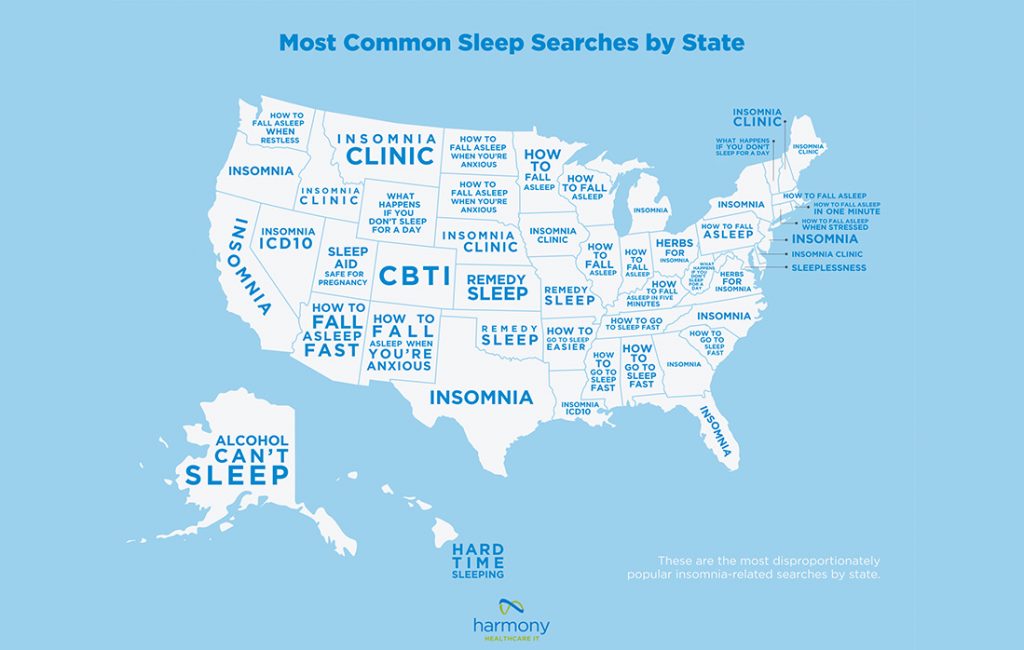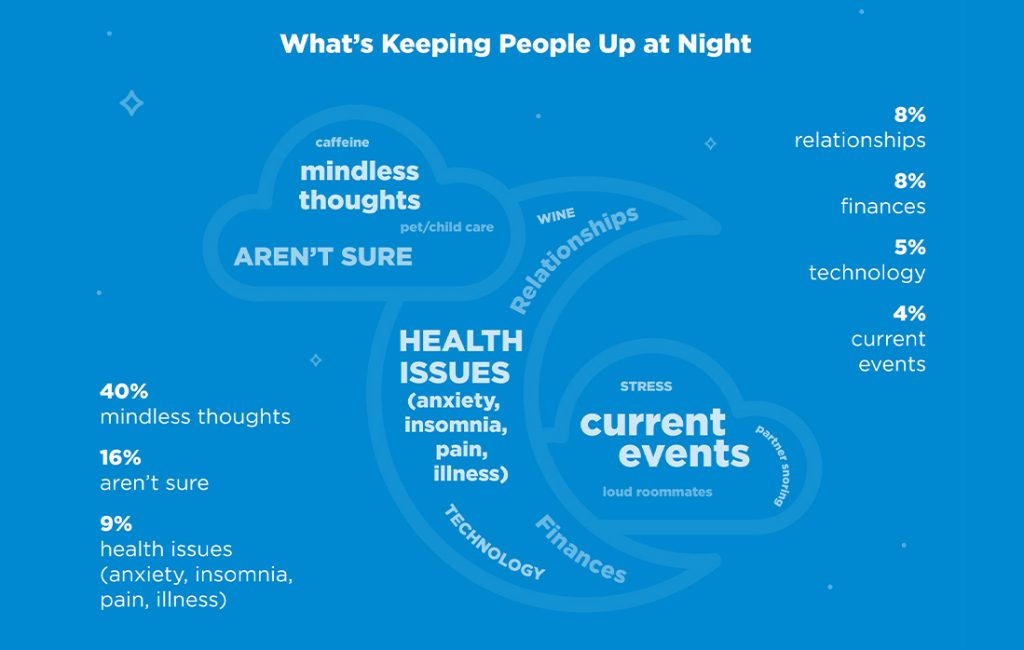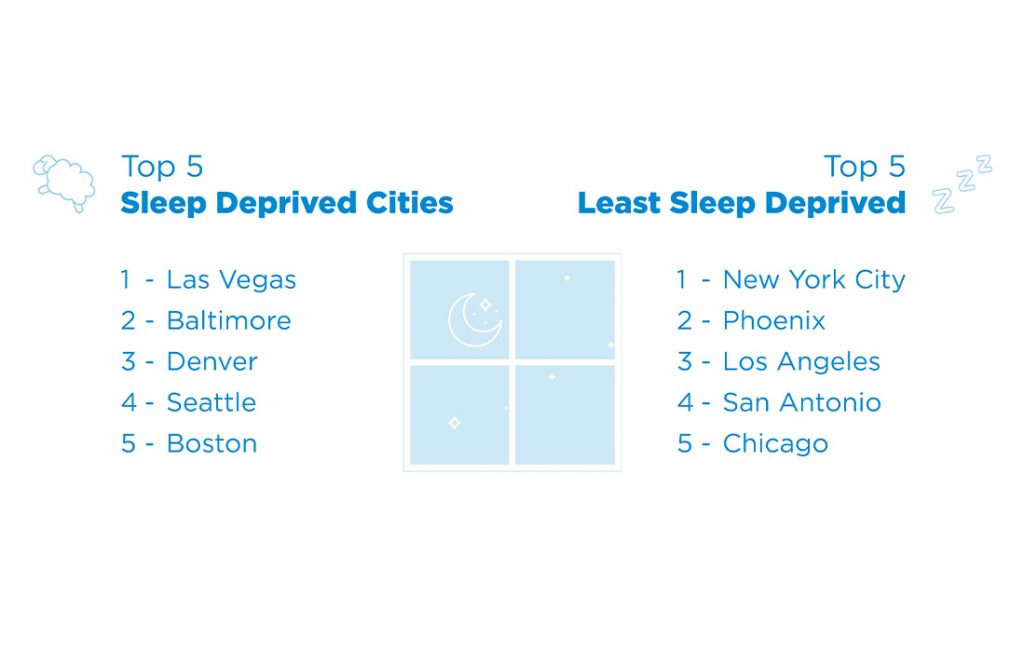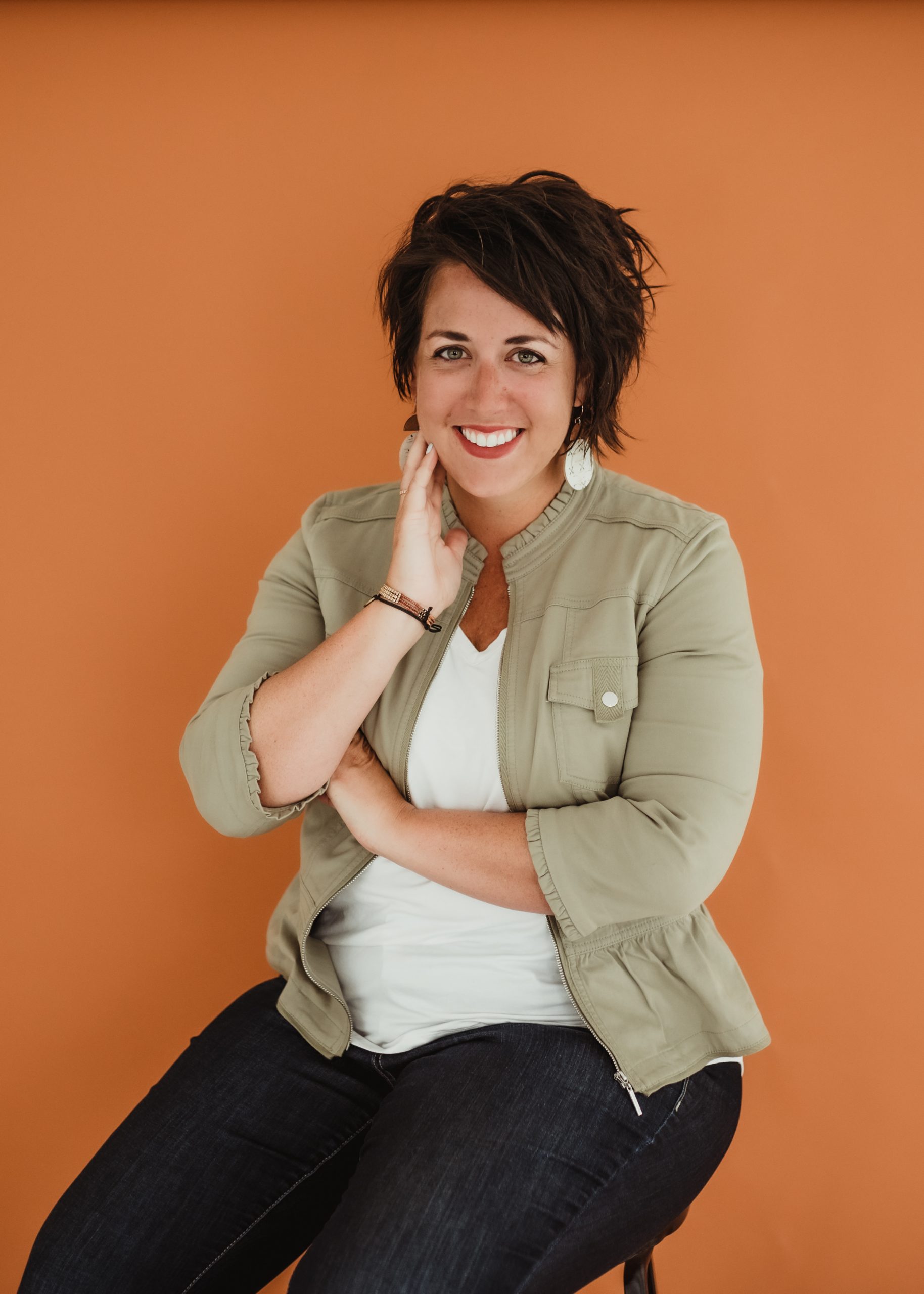 New York author Joseph Pastrana has struggled with insomnia his whole life. It served him well in his youth during long “club nights,” staying up all night and catching a few hours of sleep before work the next morning, and also managing travel was simple back then. But the issue isn’t so simple now, in his more mature life since nearly every night, causing him to only be able to sleep from about 9 or 10:00 pm to 2 or 3 am.
New York author Joseph Pastrana has struggled with insomnia his whole life. It served him well in his youth during long “club nights,” staying up all night and catching a few hours of sleep before work the next morning, and also managing travel was simple back then. But the issue isn’t so simple now, in his more mature life since nearly every night, causing him to only be able to sleep from about 9 or 10:00 pm to 2 or 3 am.
As we know, he’s not alone. A recent study conducted by Harmony Healthcare IT revealed that 9 in 10 Americans have difficulty falling asleep, and more than half of participants struggle at least once per week. The study also detailed the most commonly searched sleep (or lack of sleep) related terms both for the nation and state by state, and found insomnia to be the most searched.
Researchers conclude, “Insomnia is the most disproportionately popular search term in nine states including New York, California, and Texas. Stress and anxiety also played a big role in searches.” Pastrana confirmed that having something on his mind as he attempts to go to sleep is definitely an anxiety trigger.
“I have 2 triggers — if I go to bed with something that is preoccupying my thoughts, and another is if I listen to music before I try to sleep. Music, even after I turn it off, inevitably will keep me awake,” Pastrana says. “My best natural remedy is when I concentrate on things that relax me, like I’ll imagine there’s a thunderstorm, artificially I do play nature sounds, and on occasion, when I’m super desperate I will resort to an over-the-counter sleeping pill.”
 Alex Savy, Founder and CEO of Sleeping Ocean, and Certified Sleep Coach, says that stress, anxiety, depression, unhealthy lifestyle habits, device use prior to sleep, and irregular schedules are common culprits for insomnia.
Alex Savy, Founder and CEO of Sleeping Ocean, and Certified Sleep Coach, says that stress, anxiety, depression, unhealthy lifestyle habits, device use prior to sleep, and irregular schedules are common culprits for insomnia.
“The extent of the sleep problems is not surprising to me, unfortunately. This has to do with modern schedules and lifestyles. The majority of the population experiences stress (often chronic), overworks, and doesn’t always stick to healthy sleep habits. Therefore, the modern life rhythm causes sleep issues in many people,” he says.
Harmony found that, “Americans search “insomnia” the most when Googling about sleep or a lack thereof. Searches about sleep and insomnia have increased in January and August every year since August 2018. It appears to coincide with the end of the holidays and the start of the school year, but further research will need to be done to learn more.”
 The study also showed numerous other sleep concerns plaguing Americans based on their searches, from “How to Go to Sleep Fast” in North Carolina to “Sleep Aid Safe for Pregnancy” in Utah. But many of the most popular searches were variations on that same concern about insomnia, such as Ohioans who are looking for “Herbs for Insomnia” to multiple states trying to find “Insomnia Clinics.”
The study also showed numerous other sleep concerns plaguing Americans based on their searches, from “How to Go to Sleep Fast” in North Carolina to “Sleep Aid Safe for Pregnancy” in Utah. But many of the most popular searches were variations on that same concern about insomnia, such as Ohioans who are looking for “Herbs for Insomnia” to multiple states trying to find “Insomnia Clinics.”
Dr. Peter Polos, MD, PhD, FCCP, FAASM, sleep medicine specialist and sleep expert for Sleep Number says that while he sees insomnia as a common complaint, he thinks the studies findings are a bit high. “In general, sleep physicians believe [that] about 70 percent of the population at some point has some degree of insomnia. Nonetheless, either of these numbers reflects the magnitude of the problem.”
Tips to Fall Asleep and Stay Asleep
Both Polos and Savy have some specific recommendations for those struggling to fall and stay asleep:
- Choose a high quality mattress that suits your individual life and needs
- Create a cool, dark, calming sleep environment
- Turn off electronics at least two hours before bed.
- Manage stress during the day through self care mechanisms
- Talk to your doctor about changing medications that may cause insomnia
- Adjust your routine to create a regular sleep schedule that doesn’t change frequently, such as waking at different times between the week and weekend
- Consult with a mental health professional if anxiety is the main culprit
- Avoid alcohol before bed
Savvy adds that supplements such as melatonin, herbs, aromatherapy, and other mild solutions might be best to start, and can help avoid addictive effects of stronger sleep aids.
“I believe it’s crucial to see a doctor if sleep issues affect one’s health and quality of life. Persistent sleep offset and sleep deprivation may be a sign of a more serious root cause,” Savy says. “Additionally, chronic sleep issues can have multiple negative outcomes. That is why they need to be addressed and discussed with a professional.”
